As a scholar of extremism, I often encounter a classic logical fallacy — dichotomous thinking. Vanilla ice cream is good or not; people are good or bad; one group must win at the expense of another. The world is rarely so simple.
The state of free speech is similarly not dichotomous. If it were as simple as “free speech is alive and well,” as Chancellor Diermeier asserted in his April 2 op-ed in the Wall Street Journal, we wouldn’t be having conversations about its constraints and wouldn’t require editorials hollowly proclaiming its unmitigated vitality. While Vanderbilt’s campus has a long history of hosting protests and dissenters, that background does not necessarily mean we can boast a perfectly conducive environment for free speech. People often speak out because they feel they must, even in places where free speech is limited and when they may face severe repercussions.
Institutional memories are short. As a 2005 graduate, former senior lecturer in Vanderbilt’s sociology department and current Nashville resident, I have found time and time again a gap between Vanderbilt’s words and actions. Even in a place that outwardly advocates for free speech and a commitment to a diversity of thought “from [the] beginning,” free speech privileges do not remain in place without a constant struggle against those who might benefit from stilling it.
We need not go back so far as James Lawson’s well-known case of being expelled from Vanderbilt due to his off-campus participation in the Civil Rights Movement to know that Vanderbilt’s claims of a perpetual commitment to free speech are a farce. This history of suppression is not old news — we, as a campus, community have directly experienced numerous incidents where Vanderbilt adamantly fought freedom of expression in recent memory.
As an undergraduate, I witnessed university administration threaten students with charges of “vandalism” for using regular sidewalk chalk on campus walkways to advertise their group meetings. I saw LGBTQ+ students encounter barriers — that I am sure involved administration — when trying to organize campus drag shows or run for homecoming queen, despite having fulfilled all institutional requirements to do so. Some of these incidents came before such confrontations were regularly memorialized online, leaving most of them as undocumented memories.
Serving as a faculty member at Vanderbilt for almost a decade, I continued to witness suppression on campus in a new capacity. Student activists repeatedly reported concerns to me that they and their organizations believed they were being monitored over email based on interactions with administrators.
Are there other explanations for some of these events? Maybe. But even the suspicion of email monitoring, for example, indicates just how long free speech has not been perceived as “alive and well” on campus, particularly among those with backgrounds that continue to be underrepresented on Vanderbilt’s campus.
Faculty also experience suppression of free expression. For example, in 2017, numerous faculty members and graduate students felt unable to openly support unionization efforts for fear of reprisals, including the unstated threat of unrenewed contracts. Non-tenure track faculty were excluded from various faculty governance systems until pressure from those efforts forced minor concessions from the administration in 2016. It is no coincidence that Diermeier became chancellor in the wake of these successes given his reputation as an effective union buster.
As of publication, 51 current faculty opted to anonymously sign an open letter that challenged the administration’s response to student protestors who sat in at Kirkland Hall. If free speech and diversity of perspectives are truly embraced on campus, there would be no need for that anonymity, let alone from so many faculty. Many of these signatories undoubtedly feel vulnerable because they lack tenure and other protections, but even long-tenured faculty have expressed similar fears of administrative backlash to me.
If open dialogue is such a core and clear value of Vanderbilt, we also have to question why Diermeier’s first and most robust public response to the backlash following Vanderbilt’s actions came via the Wall Street Journal. If he truly wanted to address concerned students, faculty and community members, why turn to a national publication with an entirely different audience rather than a university publication?
Chancellor Diermeier, simply asserting that free speech is “alive and well” on our campus is insufficient to protect it. As generations of students and faculty have done before us, ensuring our rights to free expression will require continued advocacy.


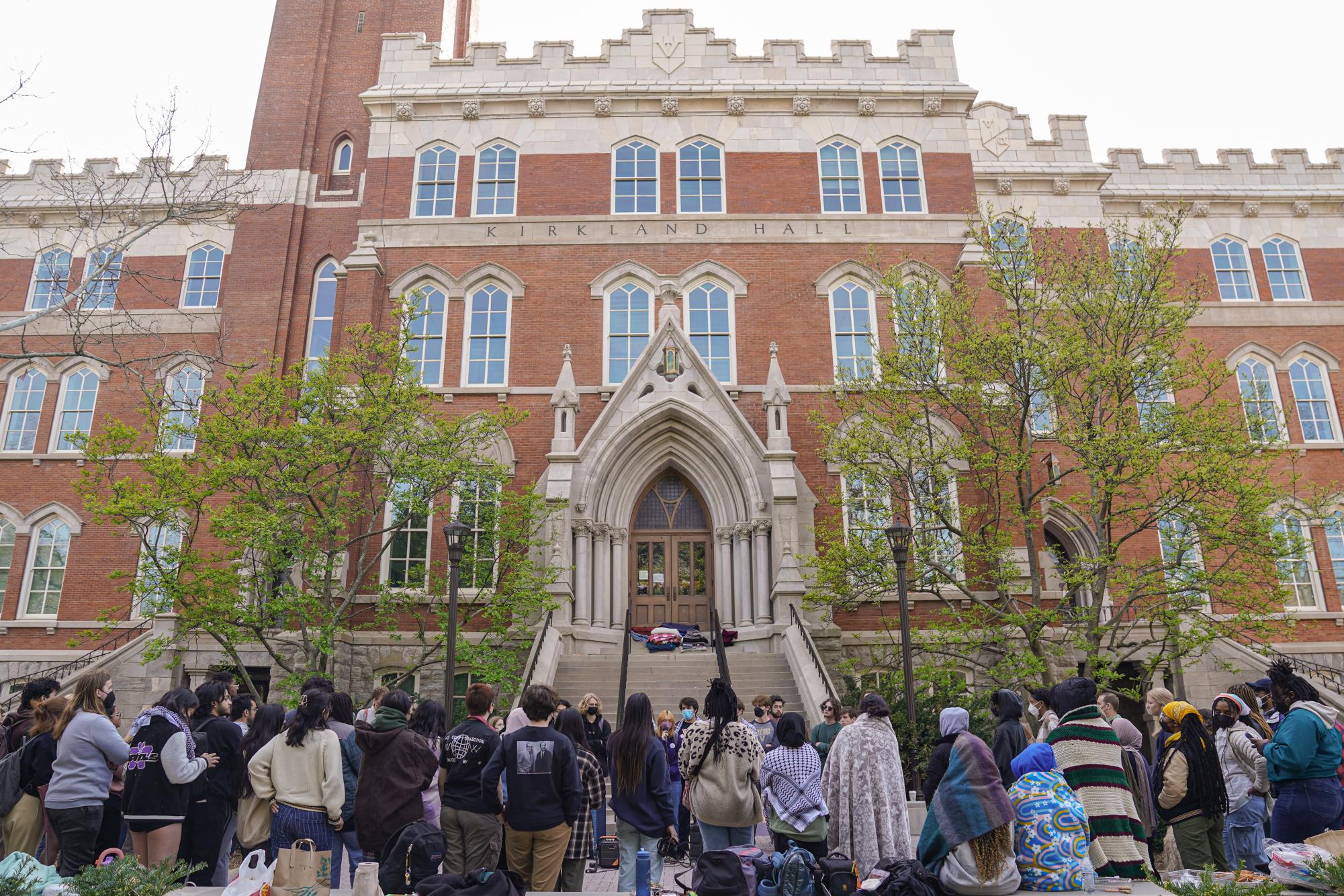
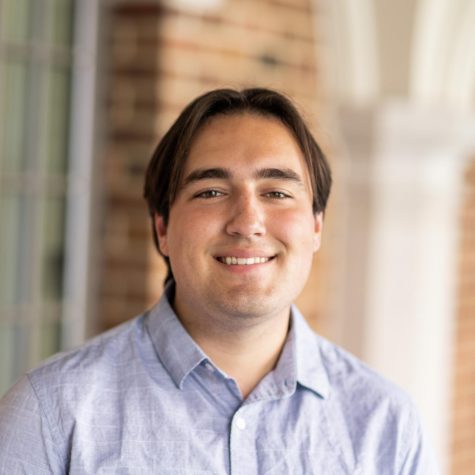

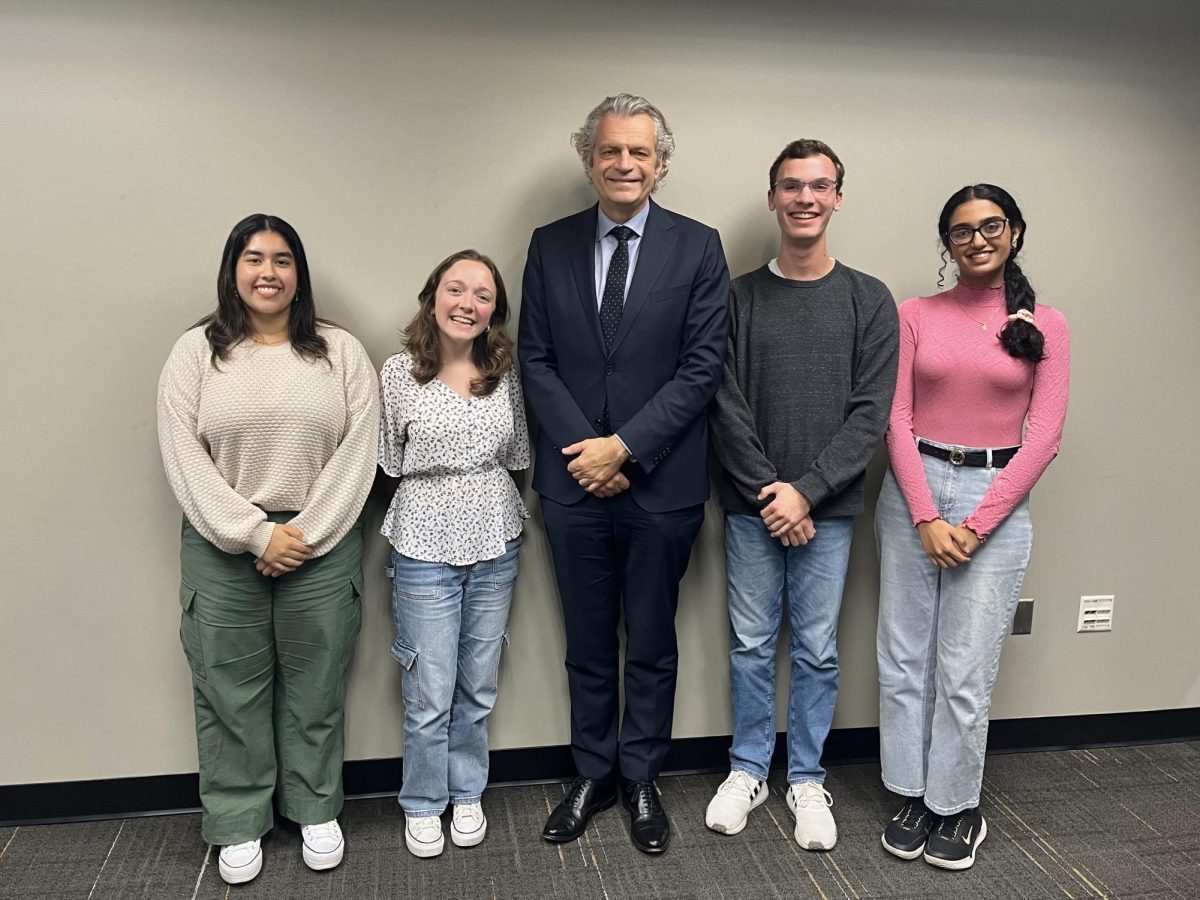
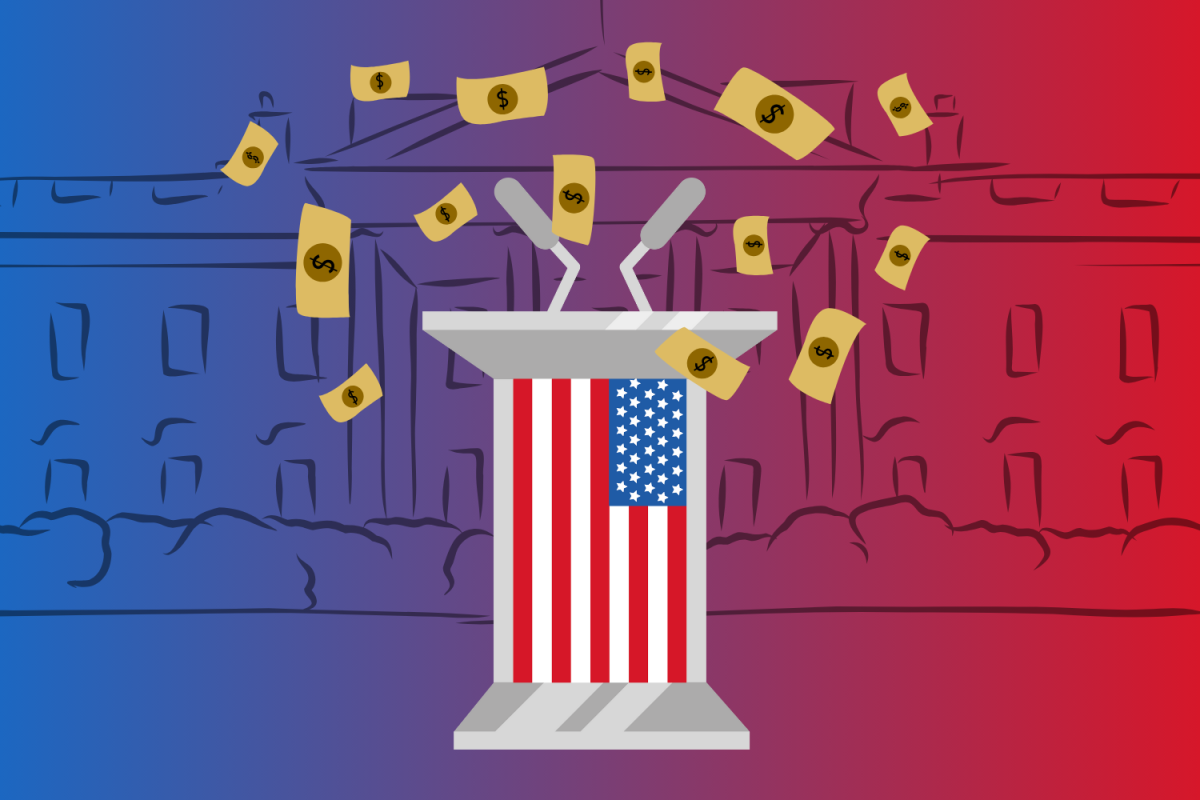
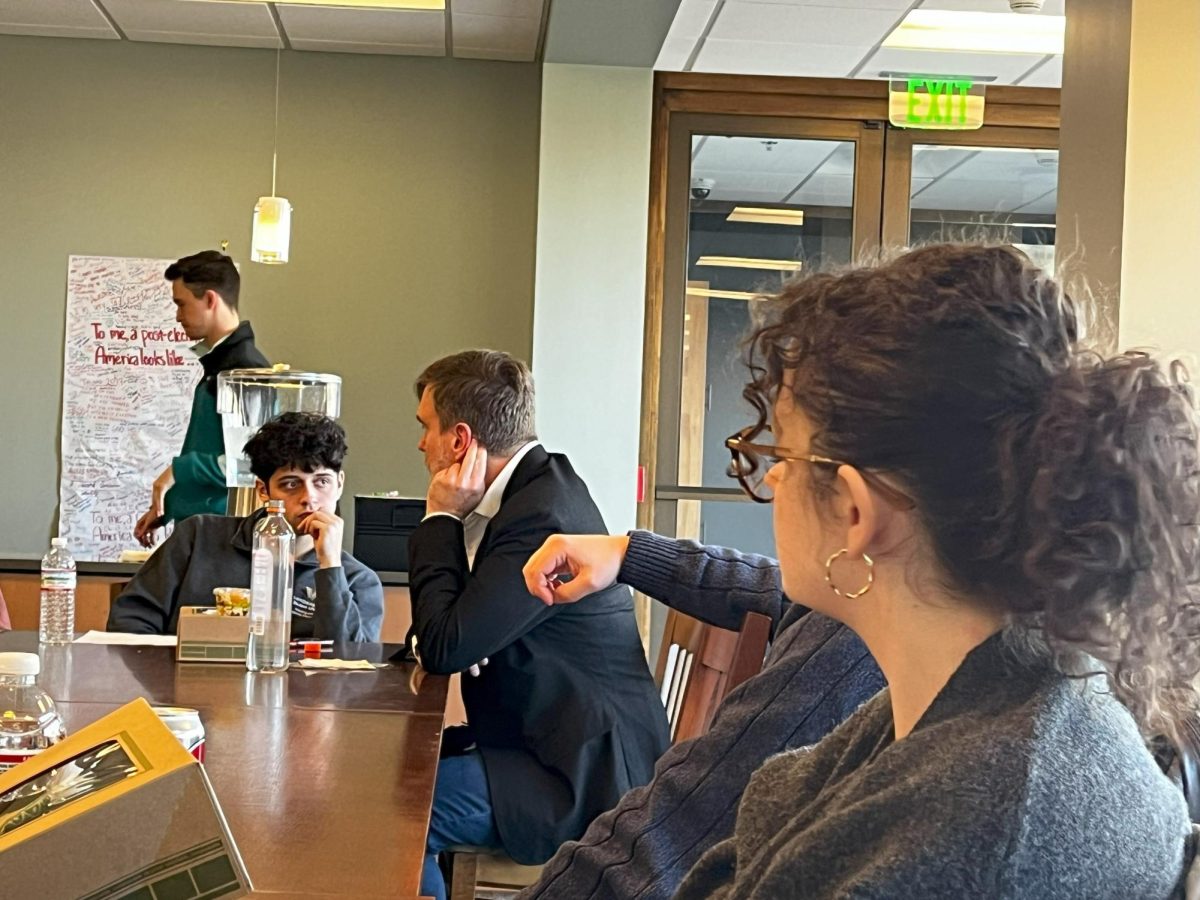
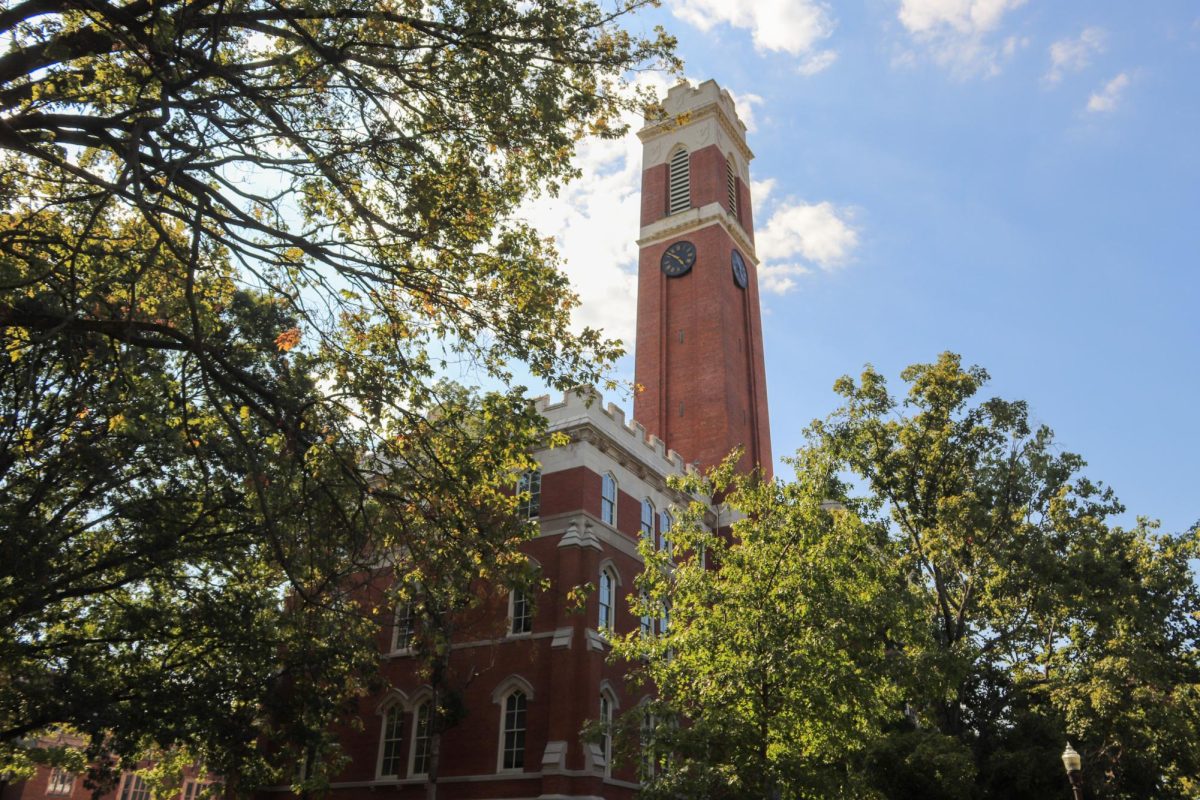
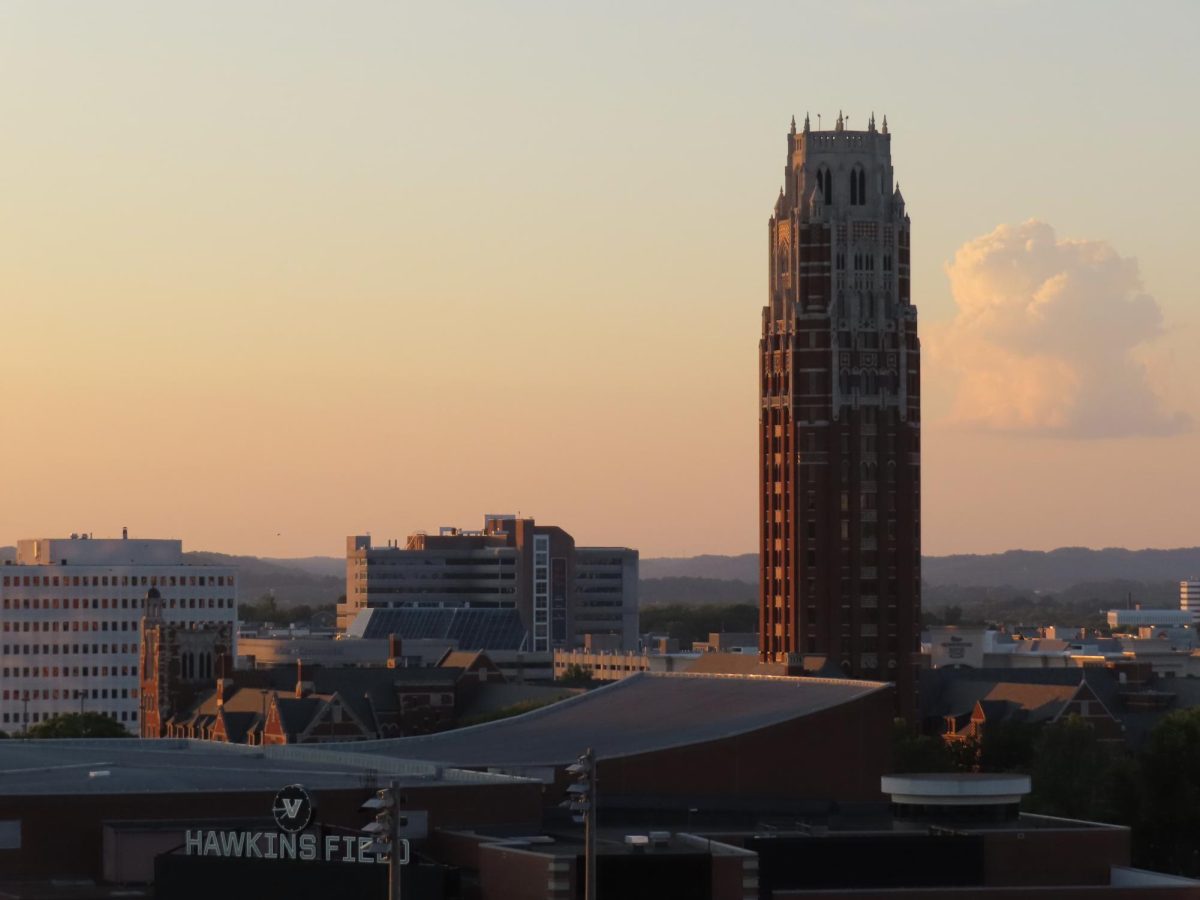
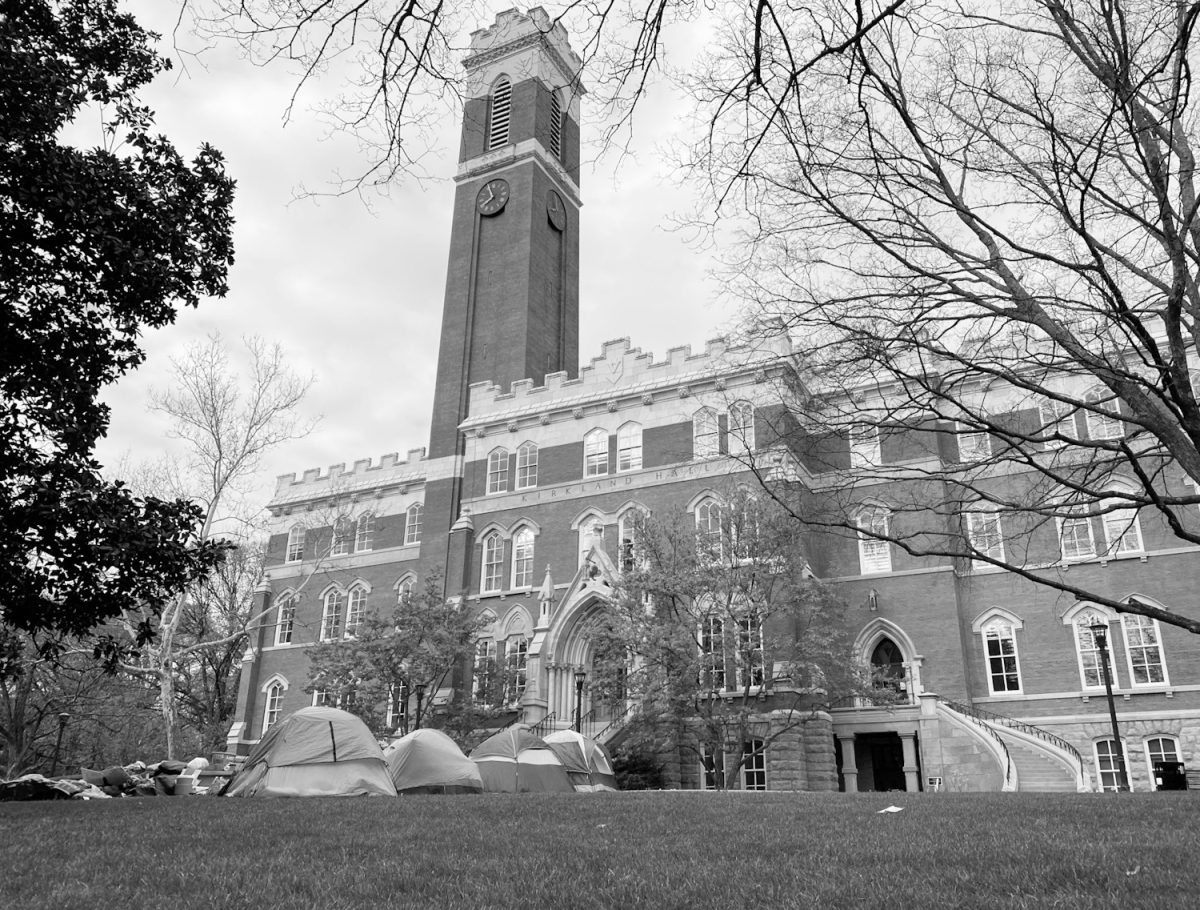
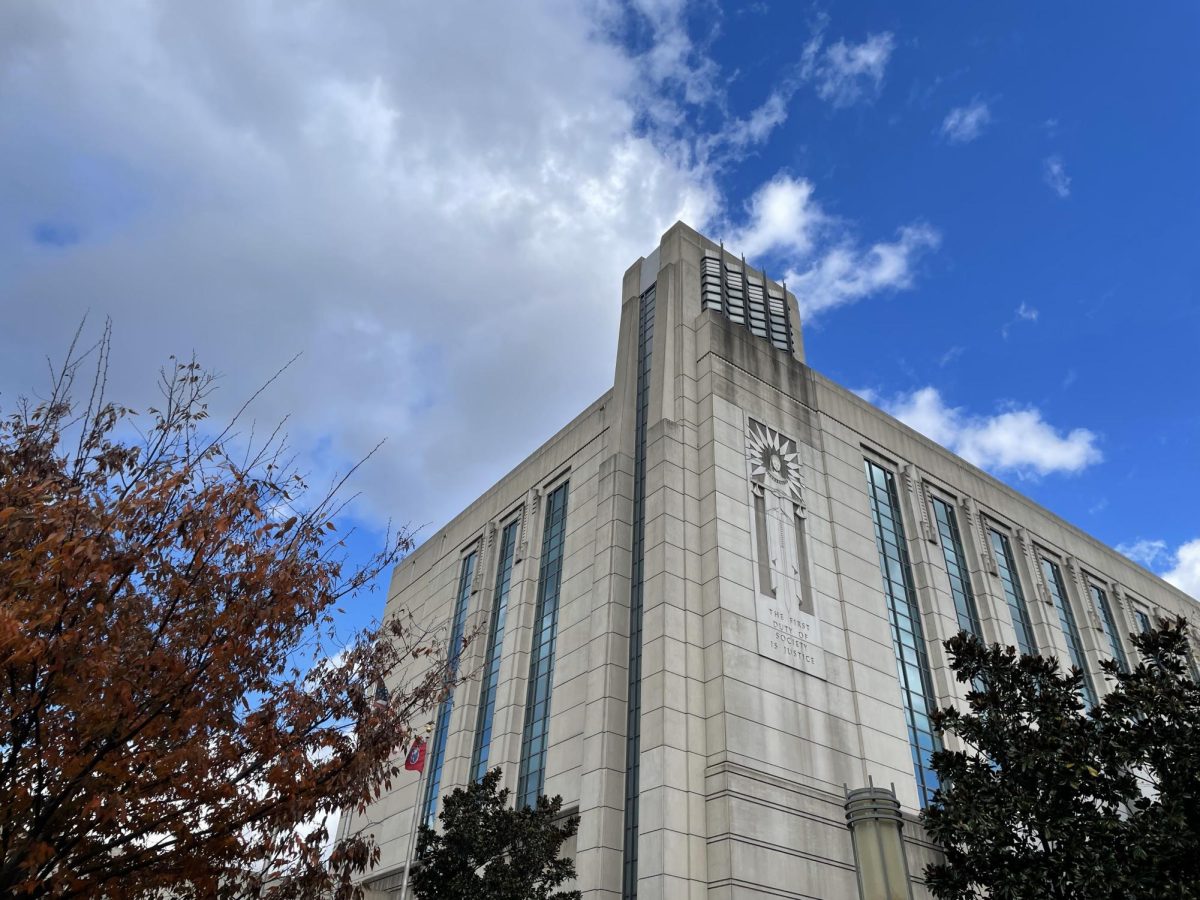
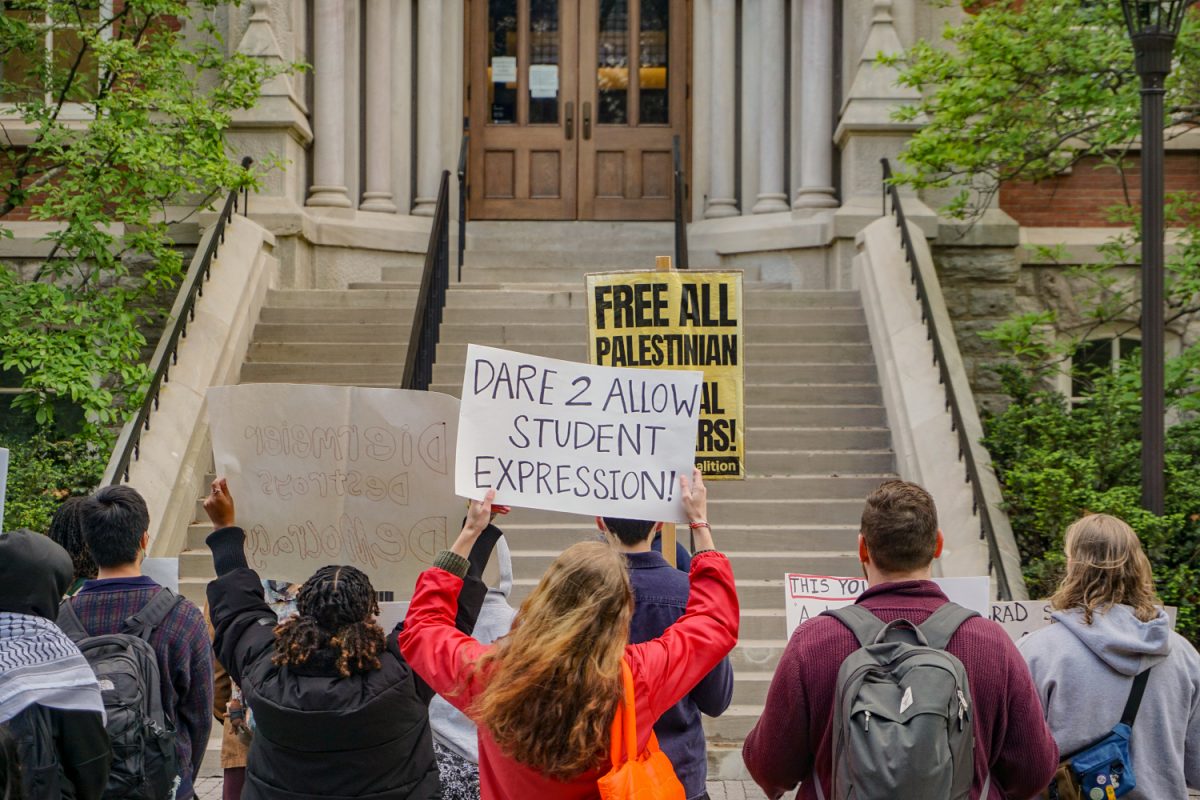
Pragmatic Stoic • Apr 29, 2024 at 3:55 pm CDT
I agree with a lot of the content here- one reservation though- free speech does not mean freedom from consequences. The Kirkland protestors crossed the line when they assaulted the officer and disrupted campus in that way and that’s why they deserved punishment.
Data Swamp Thing • Apr 26, 2024 at 6:08 pm CDT
I share a post-secondary lineage with James Lawson — we both attended Baldwin Wallace University and Vanderbilt University. About a year ago, on a gallery sign fixed beside an oil painting of James Lawson on display at the central library, Baldwin Wallace had been omitted from his pedigree. Today, assuming the sign is still there, it’s a two-fold slight in sardonic self-promotion: the sign says nothing about Lawson’s expulsion from Vanderbilt. The writing is on the wall.
Concerned • Apr 25, 2024 at 9:29 am CDT
Diermeier’s decision to smear students in the WSJ as a first public response to the incident really gives the game away – both on this and all his Dialogue Vanderbilt stuff. It’s always been about his reputation – and the fact that university resources are being put behind a PR campaign focused on building up the Chancellor is embarrassing.
Jack • Apr 25, 2024 at 11:44 am CDT
Particularly because he ran to the echo chamber of the MOST conservative editorial page out there for this. He acts like “the public” agrees with him when it’s so nakedly the case that he ran directly to the audience most inclined to giving him pats on the back given their priors (hating young people, being “anti-woke,” believing conservatives should always be able to say whatever fascist stuff they want whenever they want, hating DEI, etc.). Very debasing/pathetic/sad behavior by Diermeier honestly. He is evidently scared of the quote unquote free marketplace of ideas he claims to cherish because less reactionary audiences wouldn’t be giving him the same applause. He can’t even engage with the measured scrutiny of his own faculty. Completely gives the game away (he only actually believes in “free speech” related to conservative ideals) and is just pathetic
Jack • Apr 24, 2024 at 9:51 pm CDT
Great editorial!
class of 2023 • Apr 24, 2024 at 7:36 pm CDT
As a recent graduate, I’m ashamed of the way Vanderbilt, particularly Diermeier, has handled essentially everything that has happened since I became a student at the university. Diermeier will be remembered as a stain on Vanderbilt’s history, simple as that.